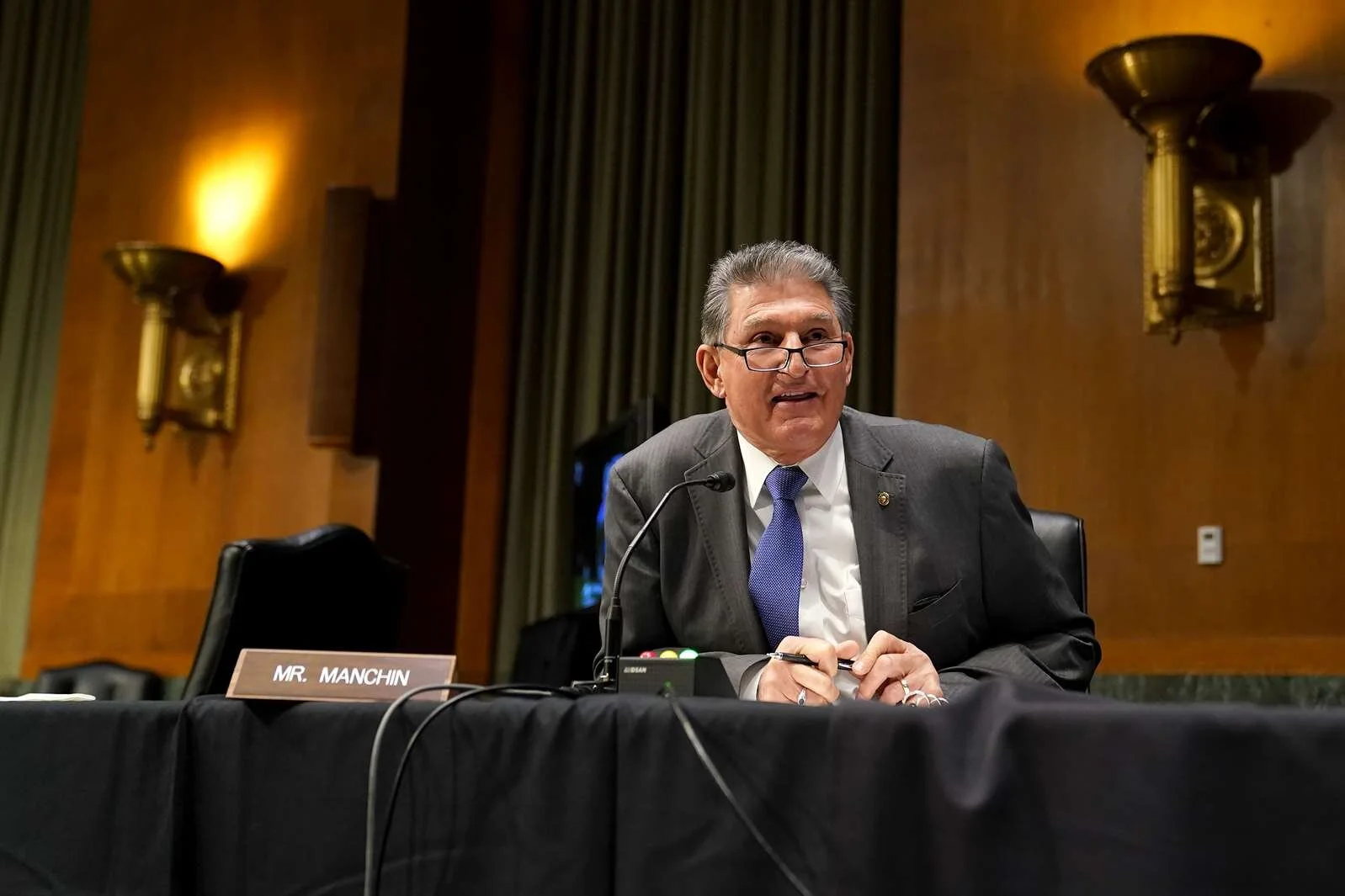Why the $15 minimum wage amendment failed to pass in the Democrat-controlled Senate
Sen. Joe Manchin (D-WV) was one of the most outspoken Democrats against the proposed $15 minimum wage: Source.
The fight for a $15 minimum wage has a long and sordid history in its vain attempt to become federal legislation. The latest $1.9 trillion stimulus has now passed without the wage hike — and questions remain about the possibility of its passing in future legislation.
The argument over the $15 minimum wage goes back to the first days of the Biden administration. Before his inauguration, President Biden laid out his plan for the $1.9 trillion stimulus bill, and started working on its passage almost immediately upon taking office. A federally mandated $15 minimum wage was included in Biden’s initial plan.
Problems with Biden’s plan arose immediately, as it was clear that Senate Democrats did not have the 60 votes required to pass a cloture motion and vote on the bill. Because Democrats hold only 50 seats in the Senate, ten Republican Senators would have to defect from party-line voting if it were to pass.
Democratic senators quickly realized that acquiring those ten Republican votes was a next-to-impossible task, and so they moved to the next step: budget reconciliation.
Reconciliation is a process that was established in 1974, and provides a faster route to passing budget-related bills. A bill passed through reconciliation requires only 50 senate votes for cloture. Democrats switched to this tactic, passing a resolution to use reconciliation on the stimulus on Feb. 5.
But there was a new problem with using budget reconciliation to pass the stimulus package: reconciliation can only be used on bills that affect federal spending, immediately throwing the $15 minimum wage into question. Some Democrats, including Sens. Joe Manchin and Krysten Sinema, argued that passing a minimum wage increase via reconciliation was an overreach of power, and was not allowed under the limitations of reconciliation.
In response to these concerns, Senate Budget Chairman Bernie Sanders, an ardent supporter of the $15 minimum wage, worked with lawyers to assemble an argument for the wage hike’s inclusion.
Despite Senator Sanders’ efforts, on Feb. 5, an amendment to prevent the minimum wage from rising during the COVID-19 pandemic was added to the stimulus during the initial marathon voting procedure required by reconciliation. Sanders argued that the amendment did not prohibit his proposal, as the plan for the $15 minimum wage was meant to be instituted gradually over the next 5 years, and not while the pandemic is ongoing.
Sanders and other progressive Democrats pushed on, attempting to pass an amendment which would re-include the $15 minimum wage. The harshest roadblock to their efforts came when Senate Parliamentarian Elizabeth MacDonough, who oversees the legitimacy of Senate activities, ruled that the $15 minimum wage could not be included under the existing budget reconciliation limitations.
Ultimately, the amendment failed to pass when eight Democratic Senators, including Manchin and Sinema, voted with Republicans to reject the addition of the $15 minimum wage.
Although Joe Biden ran much of his campaign on the promise of raising the minimum wage, he has expressed doubts in the possibility of the wage hike since he took office. Since the amendment failed, he has made no public statements about his support of the $15 minimum wage.
Speaker of the House Nancy Pelosi has vowed to continue fighting to raise the minimum wage to $15 an hour, but without mention of a dedicated plan or timeline. Congressional progressive Democrats, meanwhile, including Sens. Bernie Sanders (I-Vt.), Bob Casey (D-Pa.) and Brian Schatz (D-Hawaii), and Reps. Alexandria Ocasio-Cortez (D-N.Y.), Pramila Jayapal (D-Wash.) and Ilhan Omar (D-Minn.), among others, have turned their attention to eliminating the filibuster, the stonewall that necessitated reconciliation and was ultimately responsible for the failure of the $15 minimum wage inclusion in the COVID stimulus.

